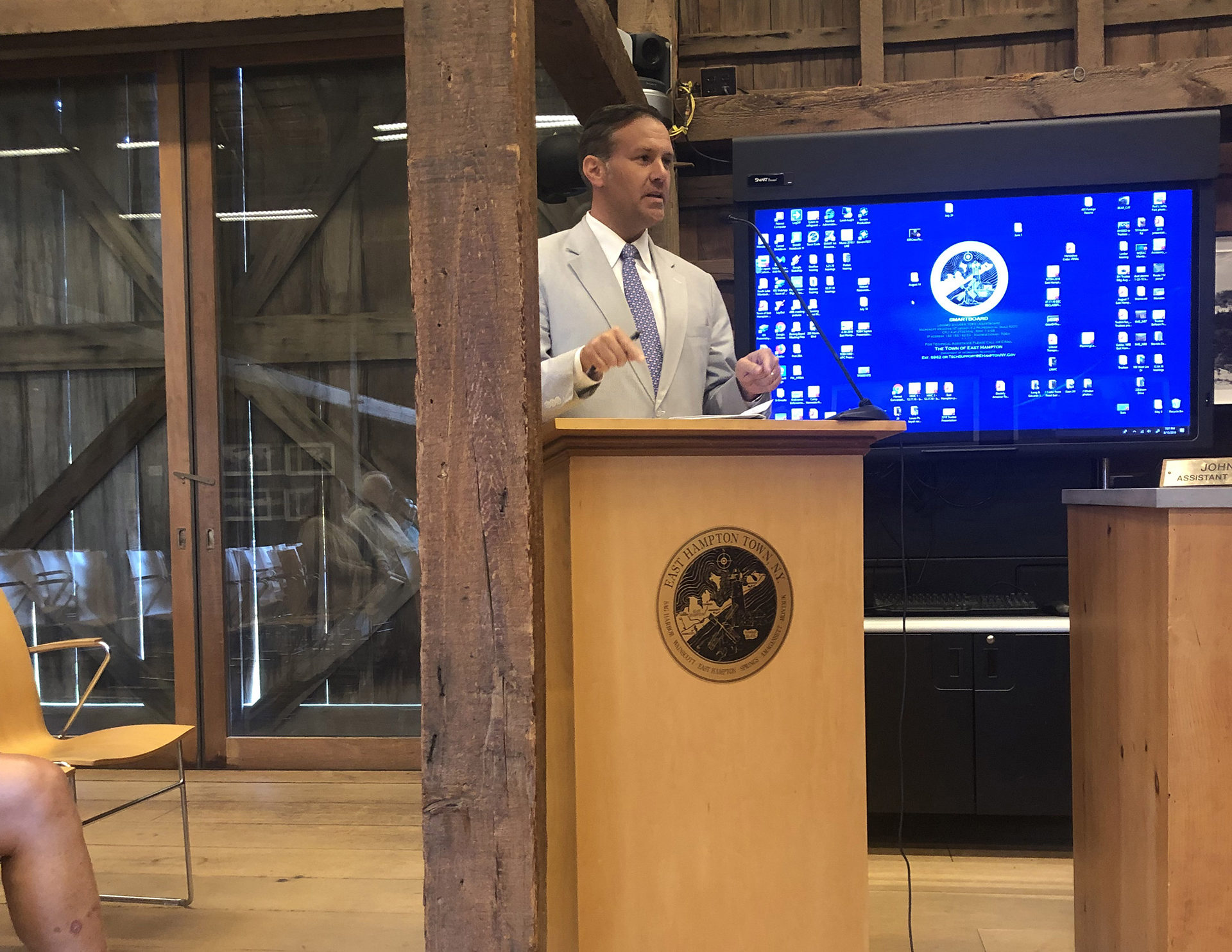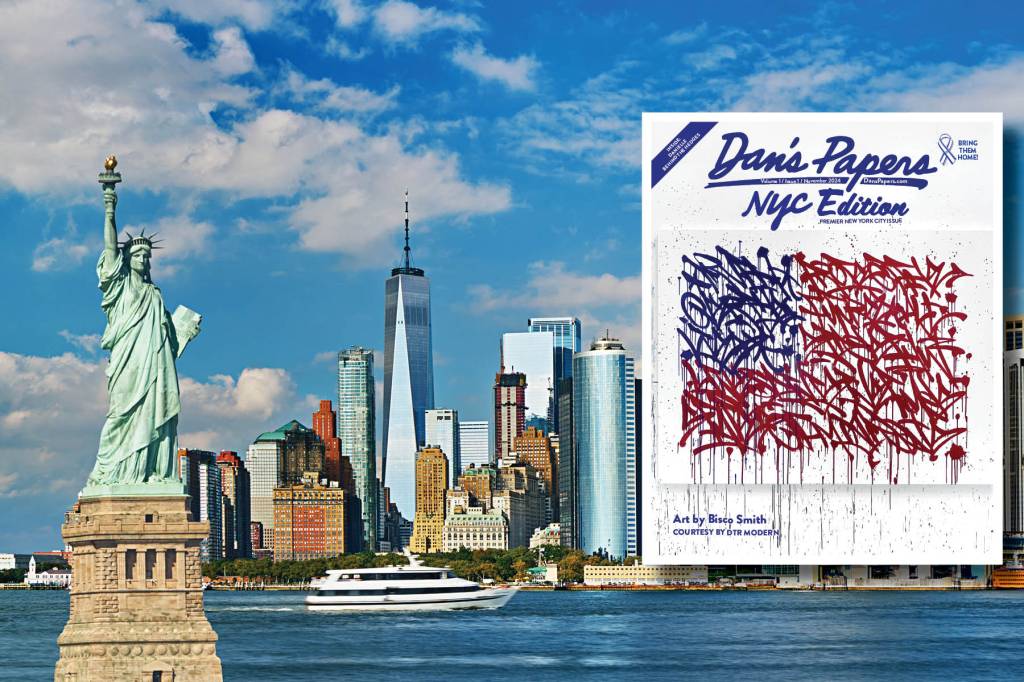Springs Car Wash Talk Gets Scalding Hot

A controversial plan to build a car wash between the access roads to the recycling center on Springs Fireplace Road unleashed a boiling rain of words during a site plan review session Wednesday, August 14, in front of the East Hampton Town Planning Board. It was so contentious that the conversation splashed over into the following night’s town board meeting.
Greg Darvin, the applicant, is seeking a special permit that would allow him to build a 5455-square-foot car wash building with the capacity to handle 80 cars an hour. There would be 17 parking spaces on the property, where detailing of the cars could be done. The car wash would share the entrance and exit of the recycling center.
The application has been stalled in the site plan process for the past few years. The main rub, it seems, is the refusal of the applicant to specify which chemicals would be used, and other questions involving the workings of the car wash. Eric Schantz, a senior planner for the town, read from a memo to the board regarding the application, “The planning board has requested information/calculations pertaining to generated wastewater flow on three separate occasions: December 15, 2016, June 7, 2018, and March 7, 2019. This information has not been provided.”
Tiffany Scarlato, Darvin’s attorney, made it clear to the board that her client did not need to supply the requested information, now or ever.
“The car wash system and the containment of gray water on the site is within the sole jurisdiction of the Suffolk County Department of Health Services, pollution control, and the New York State Department of Environmental Conservation,” Scarlota read from a statement. “Please be advised this board is in receipt of all the required information within its jurisdiction and has not received one iota of documentary or scientific evidence that any adverse impact will occur.”
Britton Bistrian, a member of Darvin’s non-legal team, said a report covering the chemicals had been presented to the board early in the process. Schantz responded, promising he would look into it.
Back in 2017, Bistrian said up to 35 gallons of water per car would be used,
less than a quarter of the 150 gallons used to wash a car by hand. Darvin added the car wash would trap any used water and recycle it until it needs to be transported to a sewage waste facility.
Scarlato said it’s time for the board to schedule a public hearing. “This is an issue that New York state has sole control over,” she said.
Back in 2017, Carl Irace, an attorney representing Citizens to Preserve the East End, said the car wash would put additional pressure on the aquifer that
supplies the town with water. He and Carolyn Zenk, representing a different group of opponents, said on August 14 they wanted to be allowed to weigh in on the application. “I object,” Scarlato said.
Chairman Samuel Kramer told Irace he did not want to open the floor to informal comments from attorneys. That, he said, would be appropriate at a public hearing on the matter, which would have to happen before any site plan could be approved.
The next day, Irace spoke during the public portion of the town board meeting: “The process can take months, sometime years, sometimes many years, and to only allow the public to participate in this fashion at the time of the public hearing undermines the process.”
Town Supervisor Peter Van Scoyoc said anyone can add to the public record on a site plan application, in writing, something planning board members are required to consider.
t.e@indyeastend.com



